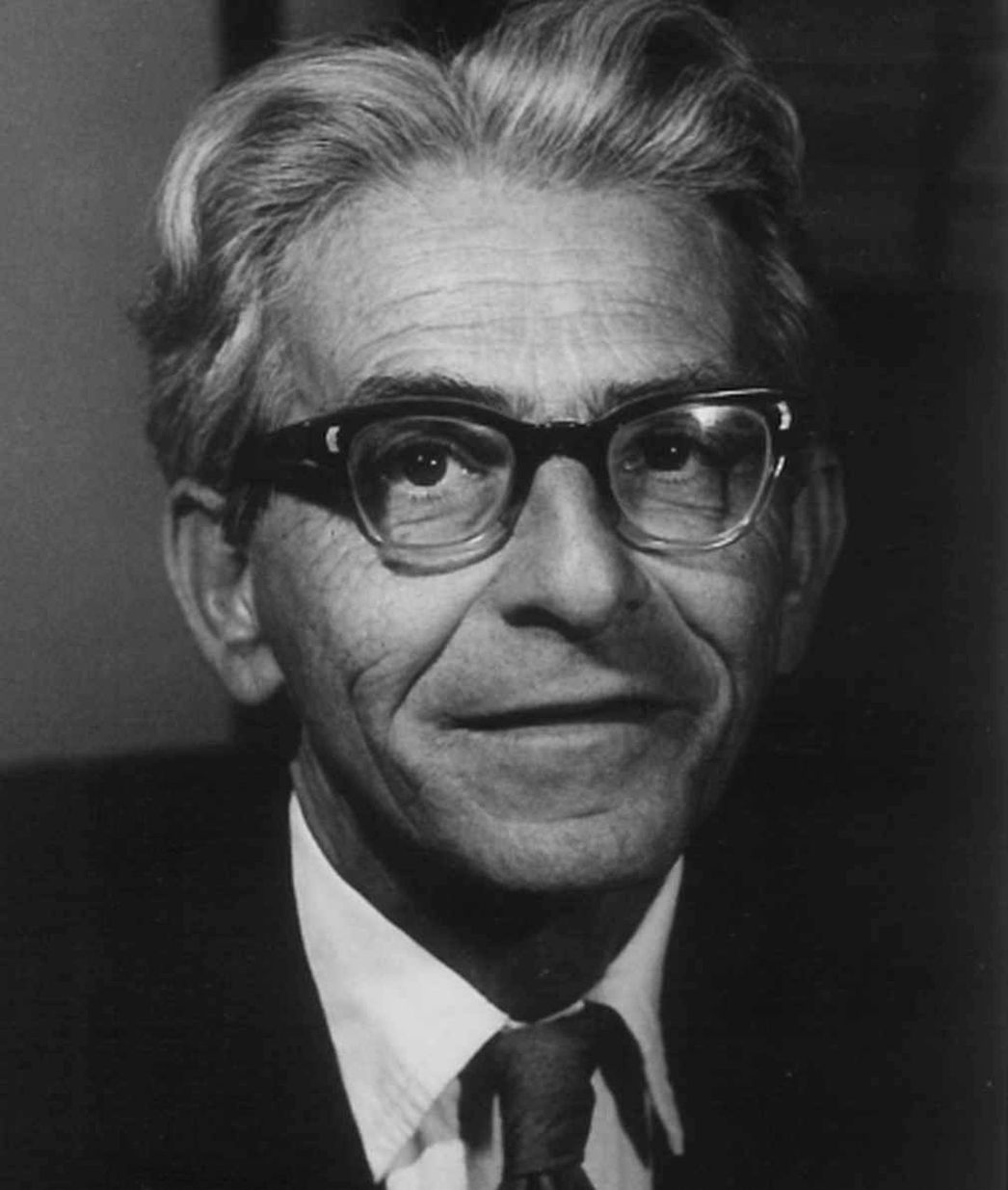
Štĕpán Lucký was born in Žilina, Czechoslovakia on 20 January 1919. He attended the conservatorium in Prague from 1936 onward, simultaneously studying mathematics; he wanted to become an astronomer or a musician. He wrote his first composition, Der Tod ist der Kaiser (no longer extant), during the war. In 1939 he joined the resistance against the National Socialists and took part in the Slovak National Uprising beginning in August 1944.
On 13 September 1944, Lucký was arrested by the Wehrmacht as a partisan. Initially held in custody in Budapest as a prisoner of war, he was then deported to Auschwitz as a political prisoner. From there he was transferred to Buchenwald Concentration Camp at the end of October / beginning of November 1944, shortly afterwards to the Niederorschel subcamp. He succeeded in obtaining vitally important medication from a fellow inmate by performing music for the latter.
He died in Prague on 5 May 2006.


